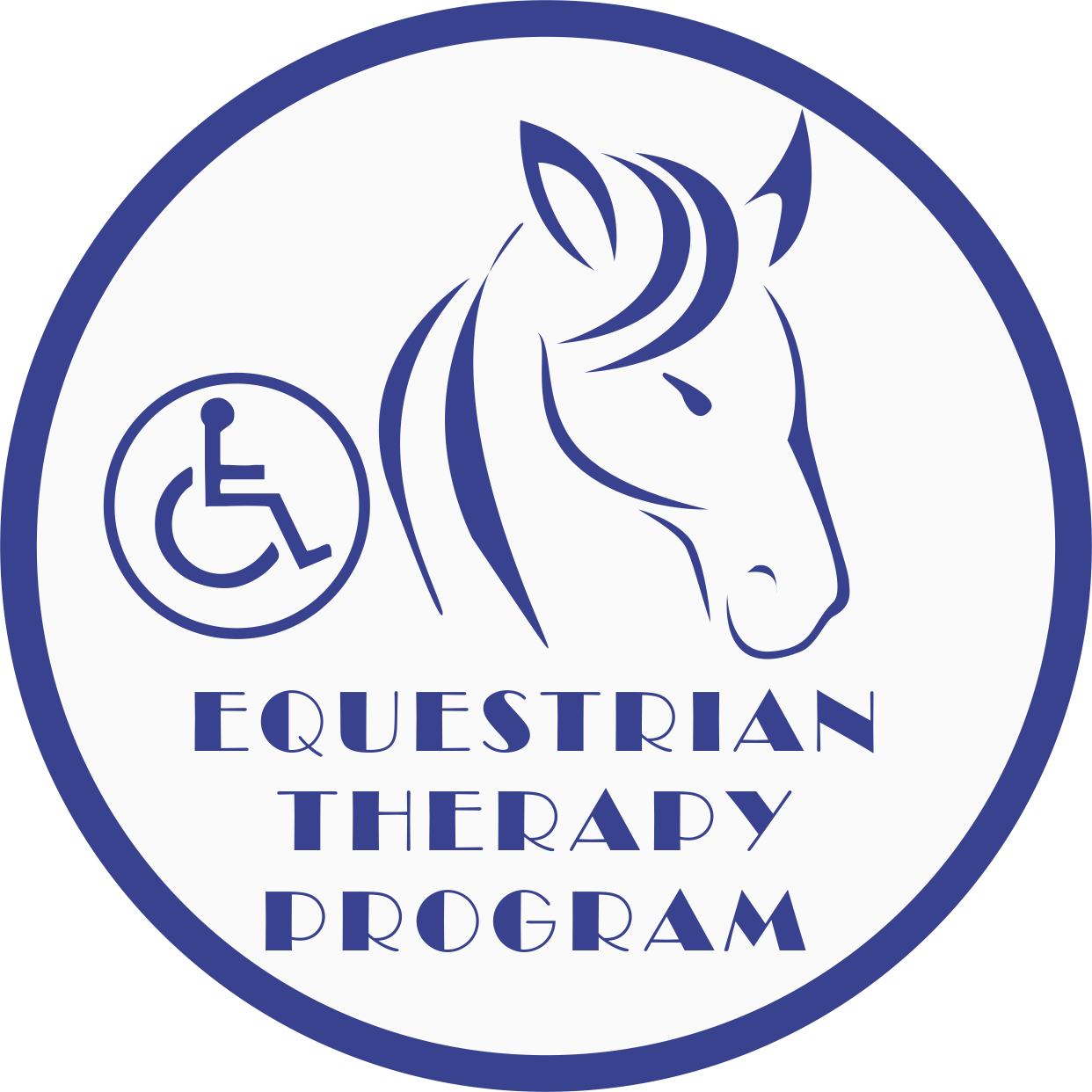
Equine-Assisted Psychotherapy
-
Equine-Assisted Psychotherapy (EAP) is an experiential intervention that uses the principles of animal-assisted therapy to help clients find solutions to the problems they are facing.
-
Our therapist also offers traditional office therapy, in person and via telehealth, if you are not interested in EAP.
-
Our EAP program is based on the Equine Assisted Growth and Learning (EAGALA) model.
-
It is ground-based, so there is no horseback riding involved.
-
Children, adults, and families can utilize EAP.
-
We are a LGBTQIA+ affirming organization.
-
We are in network with Medical Mutual and Optum/United Healthcare. We accept self-pay as well. Financial aid and local funding sources may be available.

*EAGALA. (2019). Fundamentals of The Eagala Model (9th ed.). EAGALA.
Collaborative Approach
EAP typically involves a team of people and horses. A clincial therapist utilizes their education and knowledge to provide evidence-based interventions to the client. The Equine Specialist (ES) has extensive knowledge regarding horse behavior and body language and helps promote the physical safety of both clients and horses. Overall, an EAP session typically consists of clients, horses, a therapist, and an ES.
High Ethical Standards
The EAGALA model has a Code of Ethics and an ethics committee to maintain their high standards and ensure that EAGALA-certified professionals are using best practices*. Our therapist, Allison, is a Licensed Independent Social Worker through the Ohio Counselor, Social Worker, and Marriage and Family Therapist Board and abides by the National Association of Social Workers Code of Ethics.
Solution-Oriented
The EAGALA model operates on the notion that clients have the power to find the best solutions for themselves*. EAP sessions often replicate a client's life events, relationships, and issues. Facilitators do not necessarily offer quick fixes to a client's problem, rather they remain open and allow the client to explore a multitude of solutions and use problem-solving skills to overcome the things they are struggling with*.
The Power of Horses
Horses have a social herd structure that looks similar to the social dynamics of humans*. As prey animals, they are highly attuned to their environments and focus on safety and survival. This aspect can be particularly helpful for clients that have experienced trauma*. Horses are sensitive to the body language and emotions of humans and can become symbols of the events and relationships in clients' lives*. They are large animals that can promote engagement, problem solving, and confidence in clients*.
Our Therapist
.jpg)
Allison Griesdorn is a Licensed Independent Social Worker and EAGALA-certified Mental Health Professional and Equine Specialist. She offers both traditional office-based therapy, and Equine Assisted Psychotherapy, giving clients the option to engage in a more experiential, non-traditional therapeutic setting. A lifelong horse enthusiast, Allison is also a PATH Intl. Certified Therapeutic Riding Instructor and is passionate about helping people through the healing power of horses.
Allison earned her Master of Social Work from Indiana University in 2022. She has experience working with children, adults, and families navigating mood disorders, ADHD, and PTSD. She is committed to creating a warm, safe, and inclusive space where clients feel seen, heard, and supported.
Her therapeutic approach draws from systems theory, strengths-based practice, trauma-informed care, internal family systems, and cognitive-behavioral therapy. Allison believes that her clients are the experts in their own lives and collaborates with them to set goals that are meaningful and achievable.
If a client’s needs fall outside her scope of practice, she will refer them to an alternative provider.

